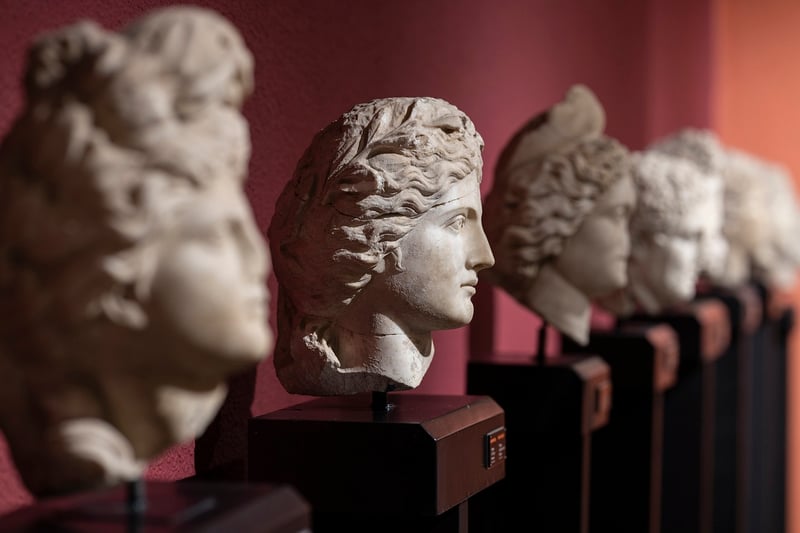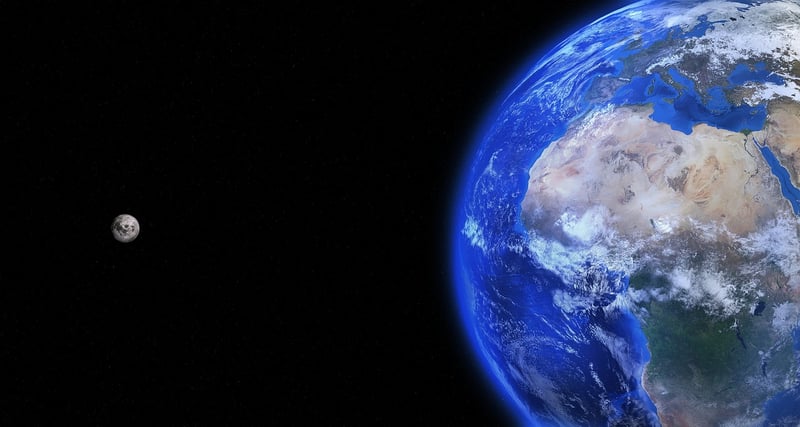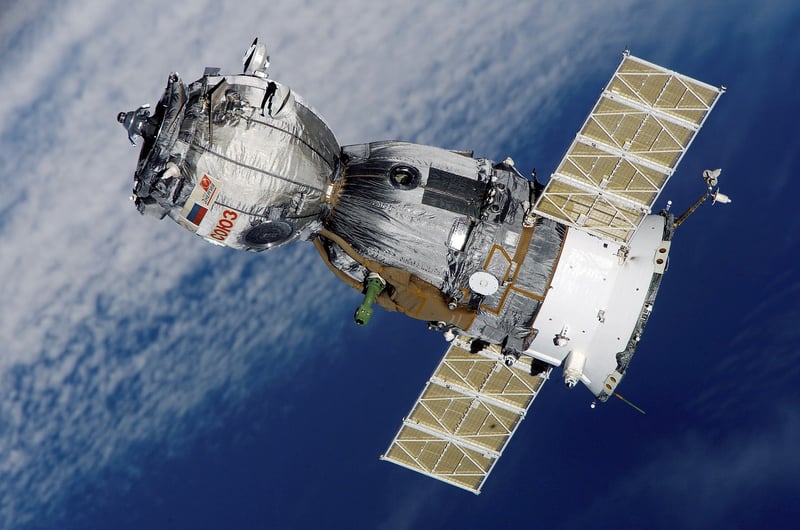Future Exploration
The Evolution of Exploration: From Ancient Times to the Future
Ancient Exploration
Exploration has been a fundamental aspect of human history, dating back to ancient times. Civilizations like the Egyptians, Phoenicians, and Greeks embarked on journeys to discover new lands, trade routes, and resources.

Age of Discovery
The Age of Discovery in the 15th to 17th centuries marked a significant period of exploration. Explorers like Christopher Columbus, Vasco da Gama, and Ferdinand Magellan undertook voyages that expanded the known world and established global connections.

Modern Exploration
In modern times, exploration has extended beyond geographical discoveries to include space exploration, deep-sea exploration, and scientific research. Innovations in technology have enabled humans to reach the moon, explore the depths of the ocean, and conduct research in extreme environments.

Future Exploration
The future of exploration holds exciting possibilities with advancements in artificial intelligence, robotics, and space travel. Future explorers may venture to Mars, uncover the mysteries of the deep sea, and utilize advanced technologies to study distant planets.

Key Highlights:
- Ancient civilizations like the Egyptians and Greeks laid the foundation for exploration.
- The Age of Discovery saw European explorers establish global trade routes.
- Modern exploration includes space travel, deep-sea exploration, and scientific research.
- The future of exploration holds promise with advancements in technology.
Exploration has been an integral part of human history, driving us to push the boundaries of knowledge and expand our understanding of the world and beyond. As we look to the future, the spirit of exploration continues to inspire new generations to seek out the unknown and uncover the mysteries that lie ahead.
